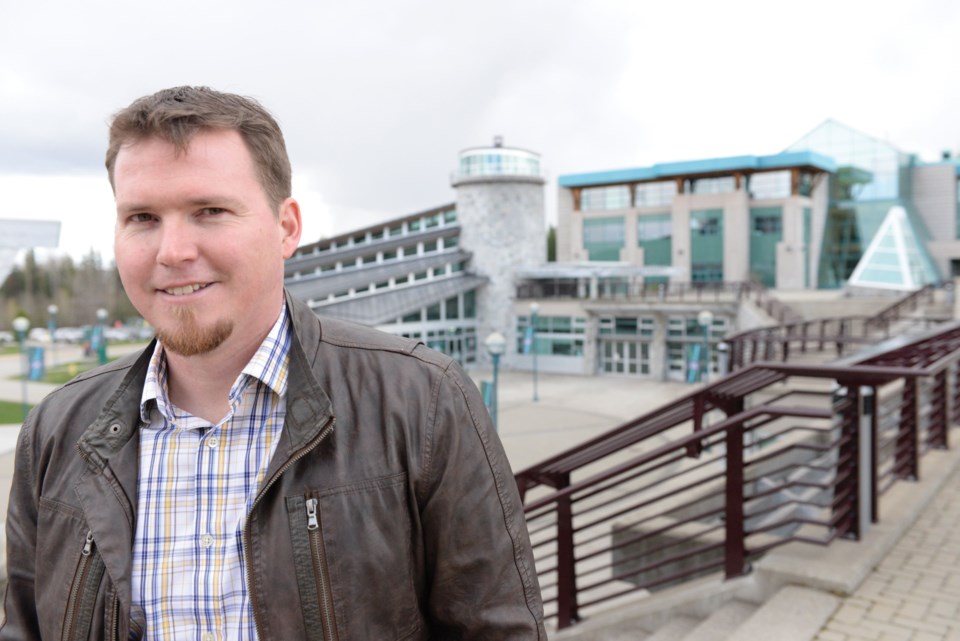Prince George researcher Nikolaus Gantner has seen the silencing of Canada's scientists first hand.
"There is a big chill," said Gantner, noting that is also the title of a June 2013 survey of federal scientists that found 90 per cent feel they are not allowed to speak freely. That from 4,069 people, representing a 26 per cent response rate, which Gantner said is a high number for any survey.
"Collaborations get stifled," said Gantner, a University of Northern B.C. adjunct professor, who has worked with both Environment Canada and Fisheries and Oceans Canada on various projects.
People don't put anything in emails anymore, he said.
"It gets really hard for scientists who are used to just openly exchanging information about the status of their work or their preliminary findings or even their final findings."
That's one reason why he's helping organize Tuesday night's screening of the CBC documentary Silence of the Labs at UNBC's Wintergarden Lecture Theatre.
"I've seen over the last 10 years or so the changes in the policies and also the moods within the research groups," said Gantner, a local organizer for Evidence for Democracy, which has held hundreds of similar screenings across Canada.
"Some simply disappeared and some are simply not able to communicate freely about it."
The goal of the night is to ask the audience if federal cutbacks to research programs are depriving Canadians of crucial information.
Almost three quarters of the 2013 respondents believed "political interference has compromised Canada's ability to develop policy, law and programs based on scientific evidence," the survey overview said.
That has been Gantner's experience.
The lowlight for him was watching federal scientists prevented from discussing their arctic research at the 2012 International Polar Year Conference in Montreal.
"There were actual media handlers coming along with scientists to sort of intercept questions. They were asked to be redirected to those media handlers," recalled Gantner.
"Seeing that and just seeing folks not being able to speak freely. It's really challenging... That's created a very awkward and very odd environment within the departments. I'm speaking as an outsider but simply the motivation to got to work seems to have dropped off as well."
"We want open science, communication and funding for programs that develop good policies for everyone," said Gantner.
The non-partisan group is asking the public to sign its "science pledge," pushing political parties and candidates to "commit to science and evidence-based decision-making."
"We will never indicate who to vote, that's not our role. We're non partisan, but we want people to know," Gantner said. "Independent of the outcome of the election change needs to happen.
"The current government has put things in place that cause issues that may prevent Canadians to make informed decisions," he said. "These issues need to be addressed."
Gantner will also facilitate a group discussion about the role of federal science after the screening.
The documentary starts at 5 p.m. tonight at UNBC's Wintergarden Lecture Theatre, Rm. 7-212.



